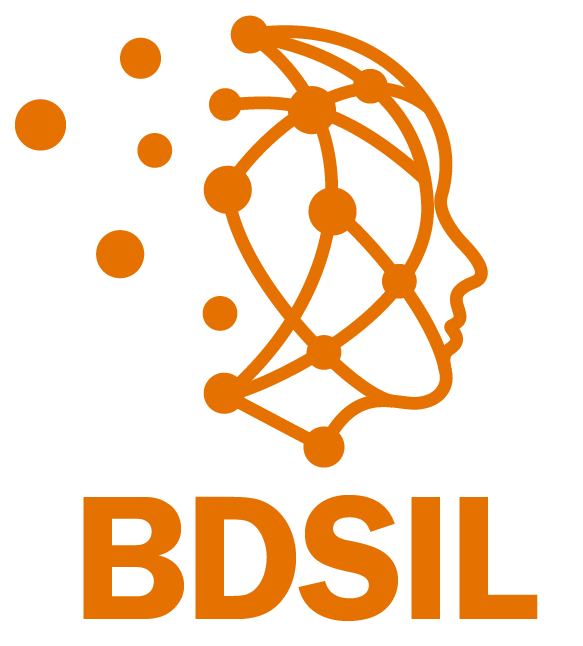Rare Genes, Shared Pathways: Biomarkers of Brain Development in Autism
Brain-based biological indicators or “biomarkers” could accelerate and leverage efforts towards clinical intervention (e.g., drug and device approval) for neurodevelopmental disorders (NDDs), including autism and intellectual disability. Yet, there is tremendous genetic and phenotypic heterogeneity to consider across and within NDDs, even within rare genetic subgroups. Translational models from animals to humans may aid in identification of subgroups with shared underlying genetic and/or biological mechanisms. This lecture will present a case for optimizing neuroscience research design and programs to (a) use appropriate model systems to address specific questions, (b) accumulate a variety of biomarkers and leverage computational and analytic tools to describe patterns, and (c) ensure research designs account for shifts in maturation, development, and learning.
Dr. Caitlin Hudac is an Associate Professor of psychology at the University of South Carolina, studying brain mechanisms of autism and rare genetic conditions linked to neurodevelopmental disorders. She is an expert that connects biological markers (EEG, ECG, eye tracking, fMRI) to individual differences (behaviors, biological features, clinical outcomes) to understand basic science and extend towards a precision medicine.
